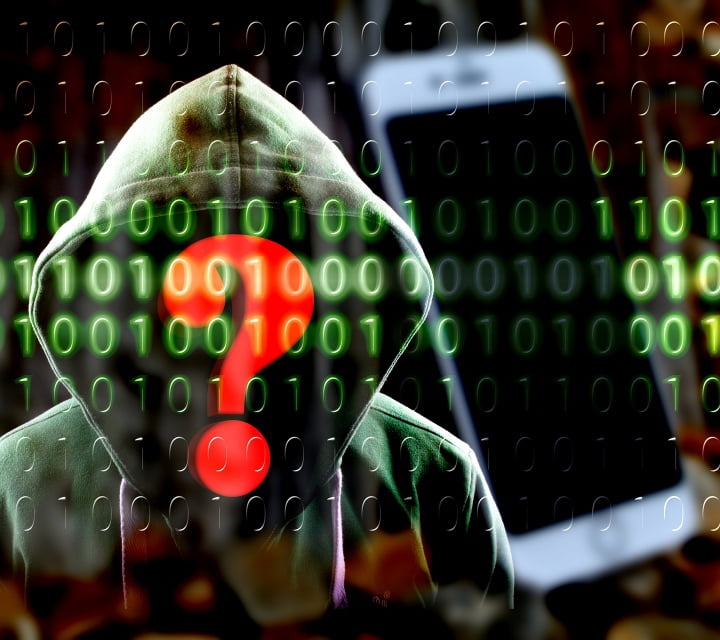Criminal hackers are now going after phone lines, too
Criminal groups have been sending threatening messages in the past couple of months to companies that manage broadband phone services all over the world, promising they’ll flood the digital phone lines with traffic and take them offline unless the targets pay a ransom.
What those extortionists have discovered is that the number of phone calls that take place at least partially over the internet has quietly and dramatically increased in recent years — and there’s a lot at stake when major providers go down.
Like landline providers, companies that manage digital phone calls, also known as Voice over Internet Protocol (VoIP) services, are required to transmit audio in real time, facilitating personal, business and even emergency calls.
It’s probably a bigger part of our lives than many people realize. It’s much cheaper and often more accessible and scalable, a staple of working from home during the coronavirus pandemic. Small companies and people living overseas might have been using purely digital phone lines for years to reach customers, friends and family abroad. Large carriers and telecommunication companies often use VoIP to handle calls or connections between providers, while smaller carriers are routing tens of thousands of simultaneous calls over the internet. Call center companies handle over 1 million digital calls a day.
But if those companies that manage digital phone lines come under attack by a tsunami of fake callers, the behind-the-scenes mechanisms for beaming voices online begins to crumble fairly quickly.
“The challenge is that when you put all of the phone system on the internet, it exposes it to all of the other things that can go wrong on the internet,” says Matthew Prince, CEO and co-founder of Cloudflare, a company that provides protection against the kinds of attacks currently hitting internet phone providers…

